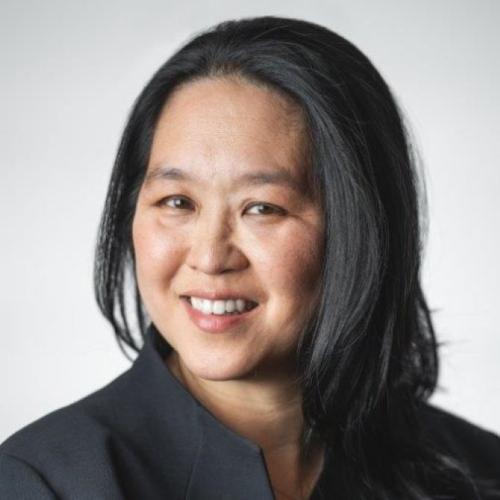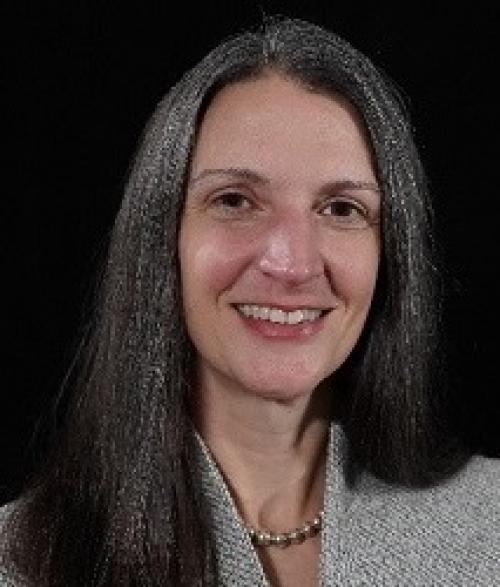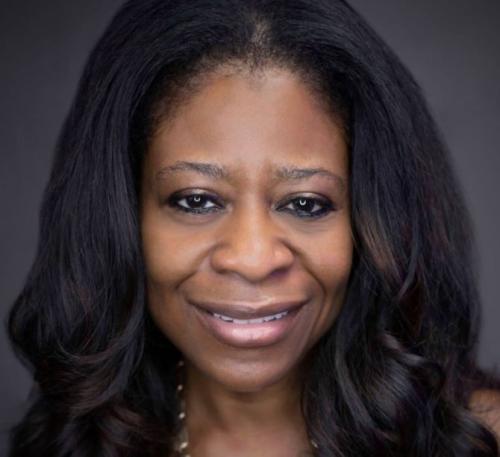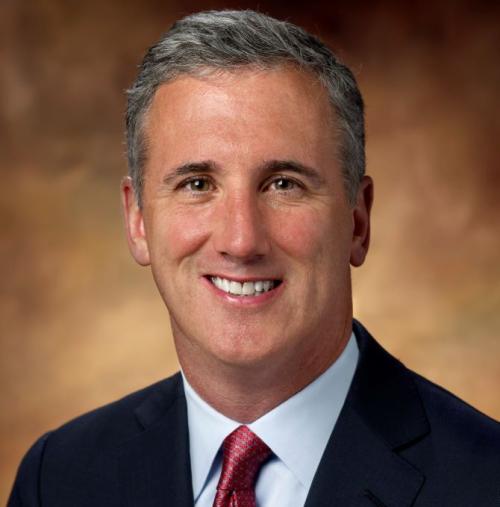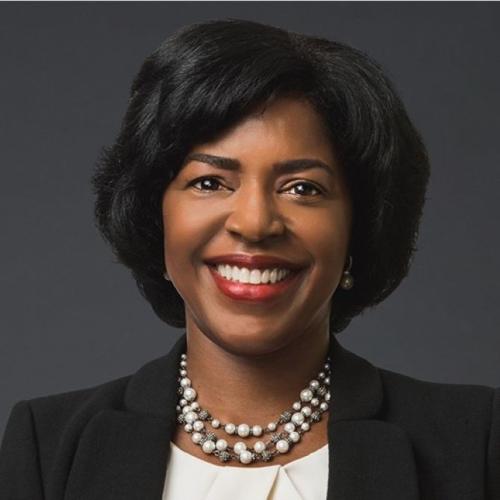
Barbara Eisenberg, executive vice president, general counsel and secretary, Ann Taylor
Few people understand what’s in a name – or the need to closely guard it – quite as well as Barbara Eisenberg, executive vice president, general counsel and secretary of women’s clothing and footwear maker Ann Taylor.
When Eisenberg first joined Ann Taylor back in 2001 she inherited the formidable task of wresting the company name from a Chinese manufacturer that was not only busy selling its own clothing under the Ann Taylor name, but also, as Eisenberg recalls, ‘was very aggressive in trying to stop us from using the name when manufacturing our goods in China.’
The situation was especially challenging because the China-based Ann Taylor technically owned the name within China. As negotiations between the two Ann Taylors carried on, Eisenberg traveled to China herself to speak in person with the Chinese trademark authorities. ‘It was challenging,’ she admits, adding that it was a difficult legal situation made all the more difficult by the cultural differences. Eisenberg and her team succeeded in their quest in summer this year and now own the Ann Taylor name in China. ‘It’s something we’re pretty proud of,’ she says. ‘And relieved about.’
While it’s tempting to bask in the glory of it all, Eisenberg describes it as emblematic of the general counsel’s expanding role as not only adviser to the CEO but also guardian of the company’s reputation. ‘As exciting as it was and as crucial to the company as it was, I like to think of the experience as part of what the general counsel must look at in his or her role today,’ Eisenberg says. ‘That is, viewing the bigger picture in terms of risk analysis to the company, thinking of and understanding the long-term implications of things and weighing those against short-term advantages. Does that cause tension between our roles as trusted adviser and guardian of the company’s reputation? I’d argue that it doesn’t.’
It’s an argument that is probably easier to make when senior management and board members share the sentiment. ‘Hopefully you have a CEO and board of directors that have the same vision,’ Eisenberg says.
Ahead of the game
Even with a sympathetic CEO and board, however, identifying, much less addressing, risk in today’s rapidly changing legal and regulatory climate is no small task. Staying ahead of the curve, as Eisenberg points out, is key, although easier said than done. ‘What to me is most challenging – and I take information from anywhere I can get it – is determining what’s going on out there,’ she notes. ‘We don’t want to play catch-up. We want to be able to help our business people structure things for what’s going to happen, not to retrofit for what’s already happened.’
Eisenberg doesn’t just expect Ann Taylor’s board members to share her tension-free vision of the general counsel’s role; she practices what she preaches at her second role as director at Maidenform, another women’s clothing manufacturer, which went public about three years ago. Eisenberg had the unique experience of sitting on the board during the IPO. When asked whether she has a good war story or two, she laughs and says, ‘None I’d like to describe publicly.’
At Maidenform, Eisenberg chairs the governance and nominating committee, and is also a member of the audit committee. Both, she says, can be logical fits for a corporate secretary or a general counsel. ‘The role of the nominating committee is to look at the potential director candidates and then think about the corporate governance and risk to a company,’ she explains. ‘And that’s exactly what corporate secretaries do.’ When it comes to the audit committee, she says a legal background and experience working with her other company’s audit committee have come in handy.
Perhaps most of all it is the exposure that general counsel and corporate secretaries have to a wide variety of areas within a company that Eisenberg believes makes them particularly strong board candidates. ‘It’s not like, for example, human resources, where you’re focusing more on associates, or sourcing, where you’re just focusing on sourcing products,’ she explains. ‘As a corporate secretary and general counsel, I’m involved in all of those areas. Am I an expert in all of them? No, but I have knowledge about every aspect of the company’s business, and that allows me to ask insightful questions.’
On the flip side, she says being a board member has made her a stronger and more empathetic corporate secretary, particularly when it comes to understanding how and when directors want information presented. ‘No data dumps,’ she advises.
Getting on board
For aspiring board members, Eisenberg has two pieces of advice. The first – ‘Figure out what you would bring to a board’ – may seem obvious, but as she explains: ‘It’s not enough just to say, I’m a corporate secretary or I’m a general counsel and therefore I’m bringing my legal experience to the board. You’ve got to think about your experiences, what strengths you have and how they are helpful to the type of board you would be interested in sitting on. For example, Maidenform is a retailer with a strong brand and international sourcing. In my career I have been involved with sourcing, customs issues and social compliance, so I bring that to the board, as well as my skill set in the legal area.’
Her second piece of advice? ‘Networking is key. I was introduced to the search firm that was handling the search for the Maidenform board by a woman who also sat on Ann Taylor’s board. I said to her, These are the attributes I think I can bring to a board. If you ever hear anything, please think of me. And she did.’
As is often the case among in-house professionals, Eisenberg didn’t graduate law school with her sights set on becoming an inside counsel. Instead, she was busy pursuing the partner track in private practice when, as she puts it, ‘I got bored. What I really enjoyed was the business law perspective and the relationships with the business people.’
At the time abandoning the partner path may have seemed a risky move. But Eisenberg happily reports, ‘It was the right decision for me. Over time, in-house has evolved so that in my mind it’s where the action is.’
